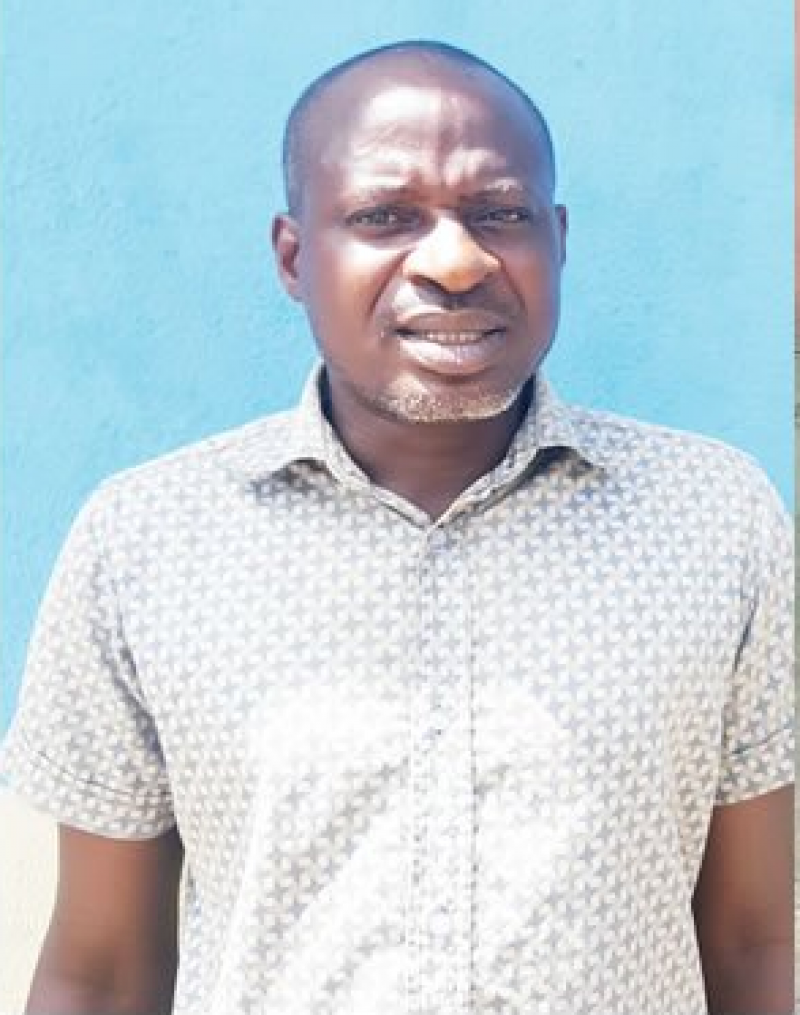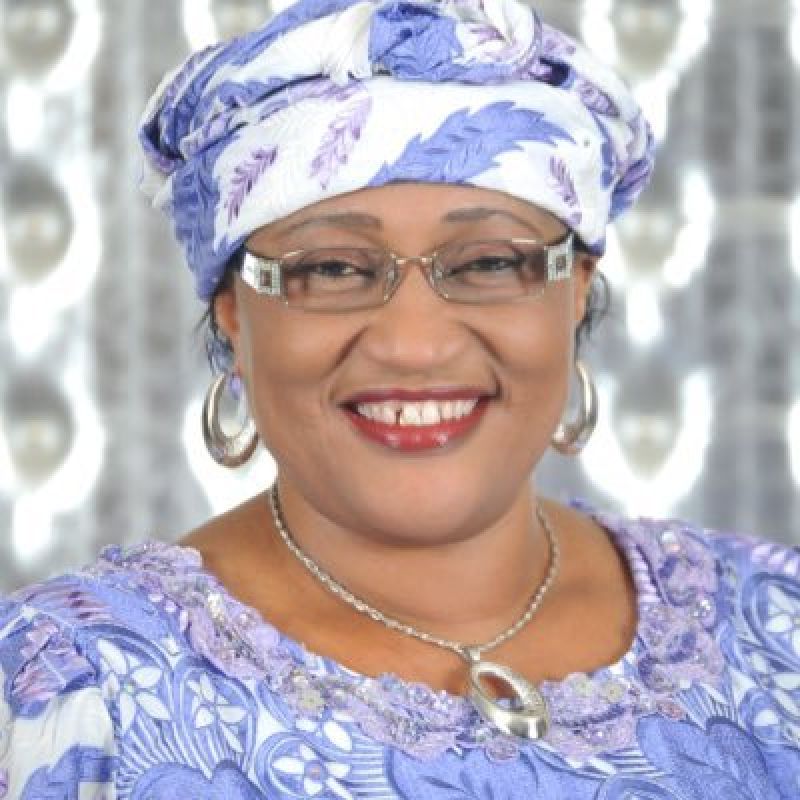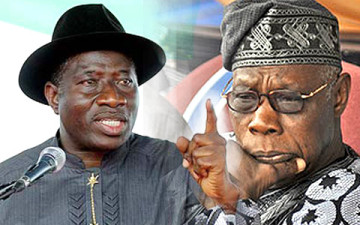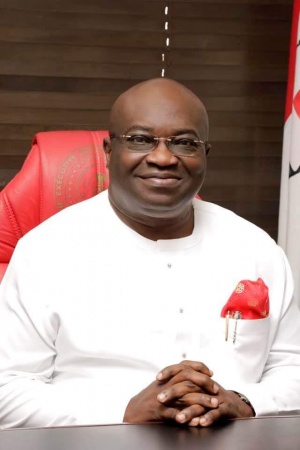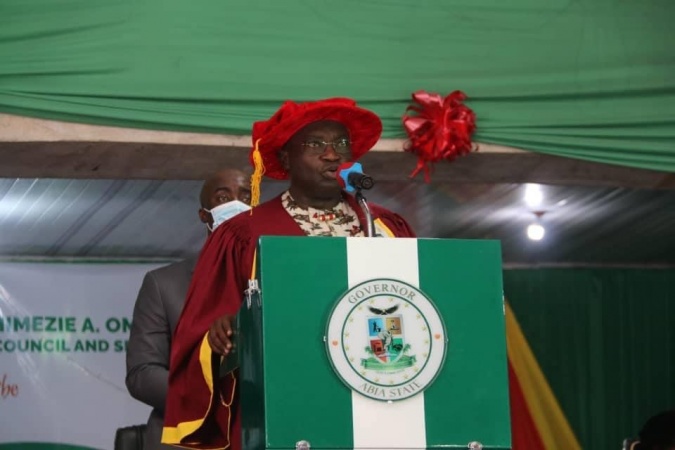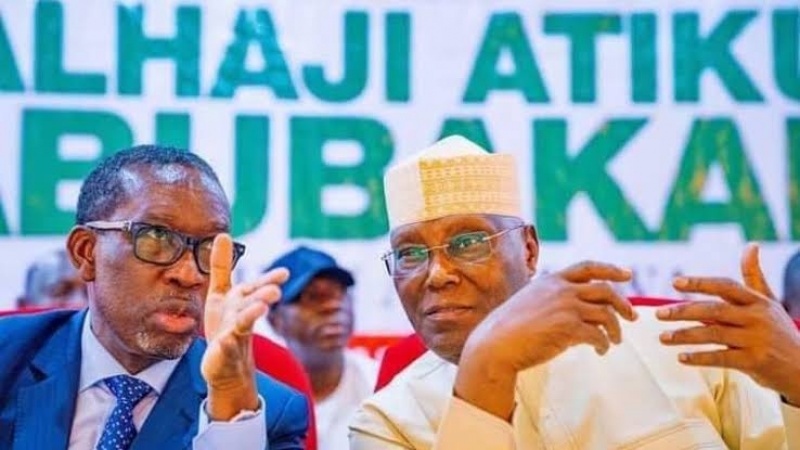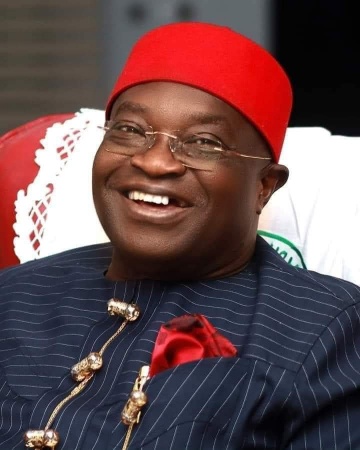How developing is Nigeria’s democracy?
Posted by Factnews | 7 years ago | 2,266 times
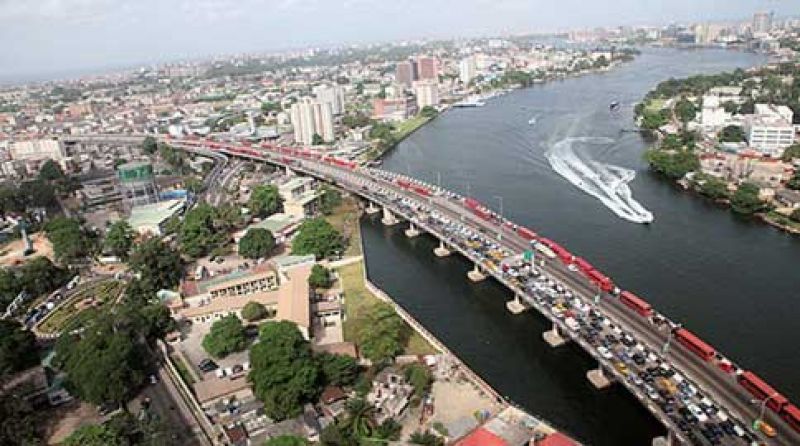
Nigeria recorded another major political development when it returned to democratic rule in 1999 after it suffered many years of unstable governance, sometimes, truncated by the military action.
Before then, the country, shortly after gaining independence from Great Britain in 1960, went to a devastating civil war between 1967 and 1970. Civilian rule was, however, instituted after the war in 1979 and it lasted until 1983, when the military leaders took over the leadership of the country.
Due to past occurrences in governance of the nation, when democratic rule was inaugurated in 1999, the cynic expressed concern about the future of the country. However, 18 years down the line, Nigeria has peacefully and successfully changed power from one democratic government to another. This development has generated mixed reactions from political stakeholders within and outside the country, including the optimists and cynic.
Their concerns are generally about the practice of democracy in Nigeria as opposed to its practice in other climes, anyway. Some note that having practised democracy for almost two decades, Nigeria ought to have improved tremendously.
As democratic rule is still evolving, concerned citizens argue that Nigeria still faces the problem of social injustice, human rights abuse, imposition of the leaders, marginalisation, electoral irregularity, poor quality of life, unemployment and corruption, among others. If this view is popular among Nigerians, the country has yet to get it right in spite of the 18 years of democracy, Deputy Leader of the Senate, Sen. Bala Ibn Na’Allah, observes.
“The challenge is that we founded our democracy on a faulty structure and the reason is that before the coming of democratic rule in Nigeria we had a situation where soldiers were in charge through coups. “But because military rule lacks legitimacy, we had groups that were coming up from different parts and threatening the military leaders; and as such, the military leaders pacified the groups to stop agitations. “When we founded our democracy, these groups refused to accept the fact that we are in a democratic setting and equally want to threaten democratic government that is legitimate,’’ he said.
He, therefore, called for respect for rule of law, insisting that it was the only way to effectively practise democracy and ensure its sustenance. He also called for patriotism, particularly among the political elites, who were saddled with the responsibility of implementing democratic tenets in the country. In his view, Sen. Hope Uzodinma, said although democracy was not practised in Nigeria as it should, the worst of it was better than the best of military rule.
He said democratic rule had benefited Nigerians in several ways, although there were lapses such as respect for human rights and poor level of infrastructural development, among others. “Democracy remains the best form of government globally and it has provided better life for Nigerians than military rule. “We are not there yet but we will continue to struggle until we get there because with democracy we can say what we want, do what we want.
“We are better off in a democratic setting. We are better off disagreeing to agree, having the opportunity to air our views and affording every Nigerian the opportunity to contribute his or her quota to the development of the nation. “We, however, condemn those who willingly refuse to obey the rule of law, which is the governing principle in any democratic setting. “Democracy as practised in Nigeria is done primitively but democracy as practised in America and Europe is done under a civilised platform. “That has informed the number of challenges faced in practising it in Nigeria, but we should continue to work hard to grow it,’’ he observed.
He called on public office holders who had refused to obey the rule of law to do so in the interest of democracy. Another lawmaker, Sen. Ali Wakili, said Nigeria might not be where it ought to be but it had made tremendous progress in terms of sincerity of purpose. He commended the present administration for not just letting Nigerians know that the country was going through a difficult time but putting measures in place to tackle the problems. “Nigeria has progressed, even from the sincerity of the leaders.
This is the first time in our history that leaders have accepted the condition the people are in. “The president and the vice-president are very magnanimous to accept that the people are living in hardship and that they are doing everything possible to ameliorate the situation. “That sincerity in the leadership is one of the greatest progresses we have made in practising democracy. “The Federal Government has rolled out the Economic and Growth Recovery plan and the National Assembly on its part is addressing obsolete laws that impede growth, investment and diversification, among others. So, Nigeria has progressed,’’ he said.
He called for continuous engagement, cooperation and dialogue among the arms of government to enable Nigerians benefit maximally from the dividends of democracy. He said while friction among the three arms of government could not be ruled out and urged them to respect the rule of law and avoid overstepping their boundaries for accountability and good governance. In his view, retired Assistant Inspector General of Police Felix Ogbaudu, called for concerted effort by all stakeholders to uphold the principles of democracy.
“On the surface, we practice democracy but the issue is, beyond the rhetoric, how democratic is our government? How democratic is our nation? We are still so many miles behind,’’ he observed. He, nonetheless, commended Maj.-Gen. Tukur Buratai, the Chief of Army Staff, for warning the military personnel recently to desist from meddling in politics.
He said that it would be abnormal for Nigeria to be taken back to the era of military rule, adding that military administration was an aberration which had caused more havoc than good. “There is nothing wrong with the statement made by the Chief of Army Staff and as far as I am concerned, it was made in good faith.
“There is nothing wrong in him advising them not to meddle in politics. If you have been following events, you will see what is happening in Cote d’Ivoire.
“Military rule anywhere in the world is an abnormal situation. Nobody will even tolerate a military rule in this country any more. So, the statement is a good advice and a very timely one,’’ he said.
Sharing similar opinion, Mr John Dara, a delegate to the 2014 National Conference, called on relevant stakeholders to put in their best to improve democratic practice in the country. “Where we have not made so much progress is the aspect of courage on the part of the political class to restructure Nigeria for better efficiency.
“When we fill the gap the military created, we will be able to move more efficiently. “That is why many of us are still calling for the implementation of recommendations of the 2014 National Conference that could address many of these distortions,’’ he said.
All in all, a perspective analyst, Dr Otive Igbuzor, called for the building of organisations with dynamic and visionary leadership as well as a committed followership that would be dedicated to change. He observed that there ought to be attempts to build the requisite organisation, leadership and followership for change which must be assisted, nurtured and consolidated for the necessary change to occur in Nigeria.(NANFeatures)
By Cecilia Ijuo
Readers Comments
comment(s)
No comments yet. Be the first to post comment.
